EDI Fusion is a fully integrated, cloud compatible, EDI solution for Dynamics NAV and Dynamics 365 Business Central. It gives you an easy way to exchange standard EDI (Electronic Data Interchange) business documents between you and your customers.
Fusion provides a full end-to-end EDI solution, where all your automated processes are handled within the one system. This skips the need for external middleware.
Key features:
- Fully automated import/export of standard documents.
- Scan Packing – Seamless integration with barcode scanners.
- Unlimited number of Trading Partners.
- GS1 compliant SSCC Labels.
Simple automation of business documents
EDI gives you the ability to fully automate the import/export of Purchase Orders, POAs, POCs, ASNs, and Electronic Invoicing (eInvoices). Interface Controller shows you the status of each import/export and, if an issue occurs, let your team know via email.
Configure how often to send and receive documents based on what works for your business. You could send/receive twice a day, or as often as every thirty seconds.
In all, you’ll have happier users, with managing all your EDI automations through a single pane of glass. Avoid time-consuming manual data entry and processing by using EDI.
Cloud ready: Skip the on-prem EDI middleware
Skip the third-party external middleware between you and your EDI orders. Fusion is directly built and integrated into Dynamics 365 Business Central and Dynamics NAV for a high level of control over the handling of your EDI documents.
Historically, EDI solutions have relied on a third-party EDI tools to handle message exchange and document translation. We found that often this led to frustration, having to deal with an a second company and another piece of software. We also found that the costs to install and support the middleware, and the charges for ongoing transactions, were quite high. Fusion was born to provide a full end-to-end solution.
Fusion works in the Microsoft Business Central cloud so you don’t have to worry about running a server with middleware on-premises.
Tried and tested with the big names
Works with major Australian companies out of the box. Fenwick have worked with EDI for over 20 years to help build a reliable product that works right away with our certified trading partners.
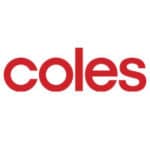

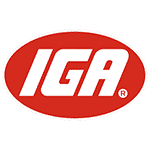
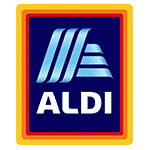
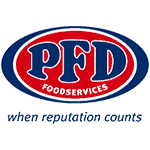
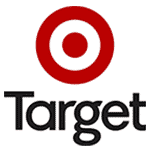





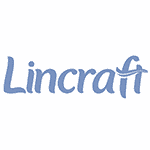
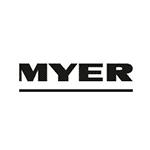

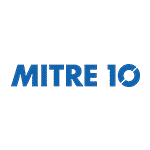
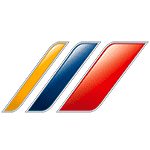
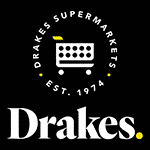

Taking the pain out of EDI implementations
Enjoy a faster implementation, as we are working direct with trading partners and a more robust solution, with less points of failure. Lower your implementation costs without the middleware.
Automatic, compliant SSCC Labels
All barcode fonts used within Fusion meet the GS1 standard. When an SSCC label is required, it will pass accreditation with your customers and suppliers. Fusion allows you to specify the number of labels you would like printed out for each item, as well as giving you the option to reprint labels at any time.
Unlimited EDI trading partners
Fusion can be set up with as many EDI Trading Partners as you need. Set up and configure each Trading Partner individually. Whether you need to do scan packing of inventory for orders, or printing of SSCC labels, you can adjust the configuration to suit.
Scan Packing
Fusion can be set up to enable scan packing of Inventory Picks and Sales Orders. After you’ve scanned a particular item, the system will take care of the rest by making the required changes to stock levels, printing SSCC labels and sending the necessary documents to your customers and suppliers.
The Scan Packing module is an integrated RF warehouse scanning option based on a Windows Mobile or Android device. This can be a standalone solution or integrated with full warehouse scanning using Tasklet Factory Mobile WMS.
The EDIFACT and X12 format
EDIFACT is the language of EDI. It’s the international standard for electronic communication between companies, domestically and internationally.
To help send information between companies, and between countries, a standard format is used to make sure there is a clear understanding of the messages that are sent to one another. X12 was originally chartered by the American National Standards Institute in 1979. Seven years later, the United Nations chartered the internationally accepted Electronic Data Interchange for Administration, Commerce and Transport (EDIFACT) format.
Over thirty years after EDIFACT was born, it is still used by businesses around Australia. During its history it has continually evolved, with twice yearly updates until the end of 2016.


